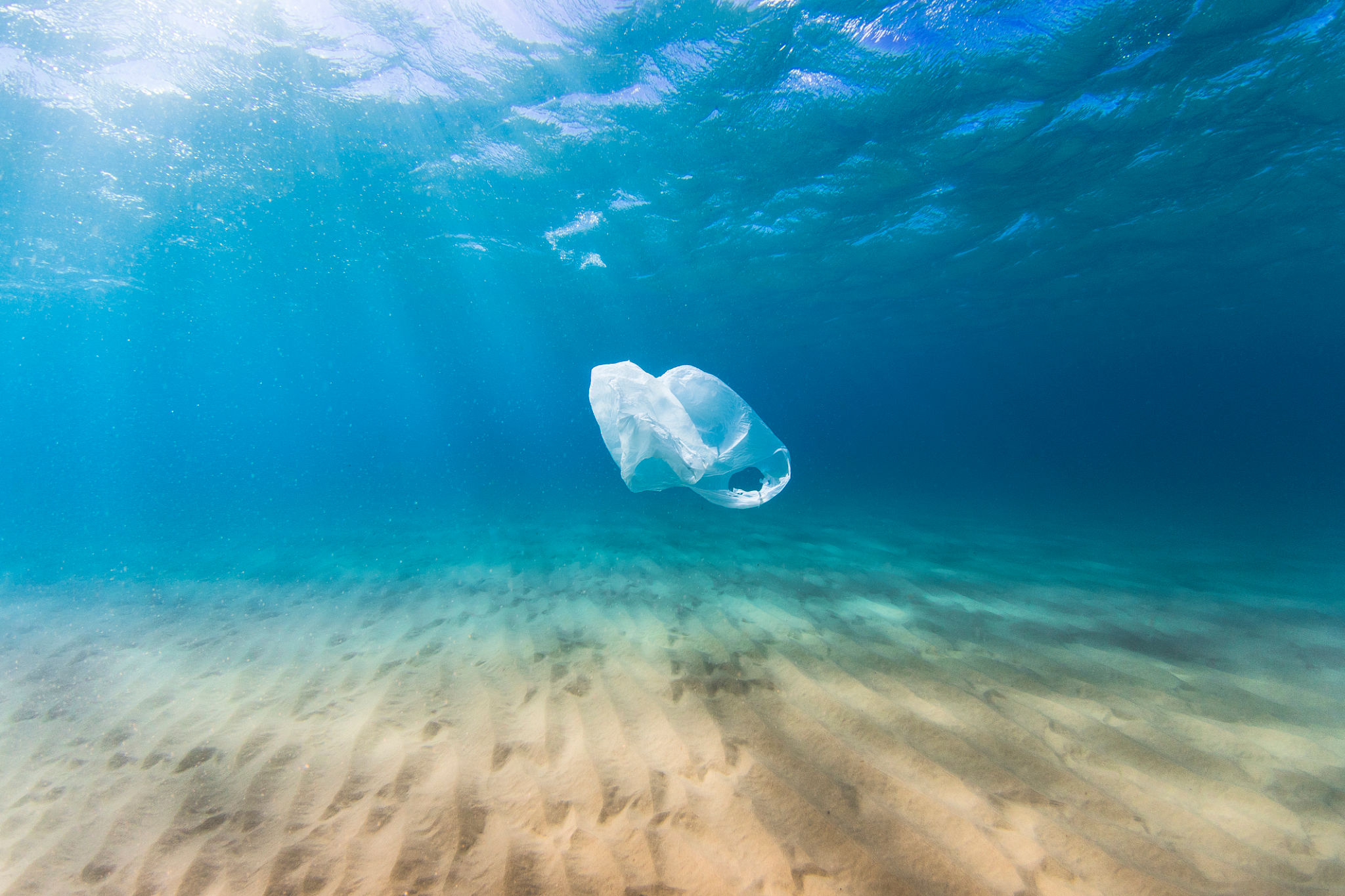The Impact of Plastic Pollution on Climate Change
Understanding Plastic Pollution and Its Connection to Climate Change
Plastic pollution has become an alarming global issue, affecting not just marine life and ecosystems, but also contributing significantly to climate change. While the visible impacts of plastic waste are evident in our oceans and landscapes, the more insidious effects are occurring at a molecular level, influencing our planet's climate systems.

The Lifecycle of Plastics and Greenhouse Gas Emissions
The production, use, and disposal of plastics are intrinsically linked to greenhouse gas emissions. At each stage of its lifecycle, plastic contributes to climate change:
- Production: The extraction and transportation of fossil fuels needed to produce plastics release significant amounts of carbon dioxide.
- Manufacturing: Energy-intensive processes convert raw materials into plastic products, emitting large quantities of greenhouse gases.
- Waste Management: Incineration of plastic waste releases carbon dioxide and other pollutants into the atmosphere.
Microplastics and Their Environmental Footprint
Beyond visible plastic waste, microplastics pose a hidden threat. These tiny fragments result from the breakdown of larger plastics and are found in oceans, soil, and even the air. Microplastics have been shown to impact the ability of marine organisms to sequester carbon, thus affecting one of Earth's natural climate regulators.

Addressing the Challenges: Reducing Plastic Pollution
Tackling plastic pollution is essential to mitigating its effects on climate change. Strategies include:
- Reducing Plastic Production: Shifting towards sustainable materials and reducing reliance on single-use plastics can decrease emissions associated with their lifecycle.
- Improving Recycling Practices: Enhancing recycling infrastructure and technologies can help reduce the volume of plastic waste that ends up in landfills or incineration plants.
- Encouraging Responsible Consumption: Educating consumers about the impacts of plastic pollution and promoting behavioral changes can lead to reduced demand for plastic products.
The Role of Policy and Innovation
Governments and organizations play a crucial role in combatting plastic pollution. Policy measures such as bans on single-use plastics and incentives for sustainable products can drive significant change. Simultaneously, innovation in materials science is paving the way for biodegradable alternatives that reduce environmental impact.

The Path Forward: Collective Action for a Sustainable Future
Plastic pollution is not just an environmental issue; it is a climate challenge that requires collective action from individuals, businesses, and governments. By adopting sustainable practices and supporting policies that reduce plastic waste, we can mitigate its impact on climate change and ensure a healthier planet for future generations.
Ultimately, addressing plastic pollution demands a paradigm shift in how we produce, consume, and dispose of materials. Through collaboration and innovation, we can turn the tide on this pressing issue, fostering a more sustainable world for all.
